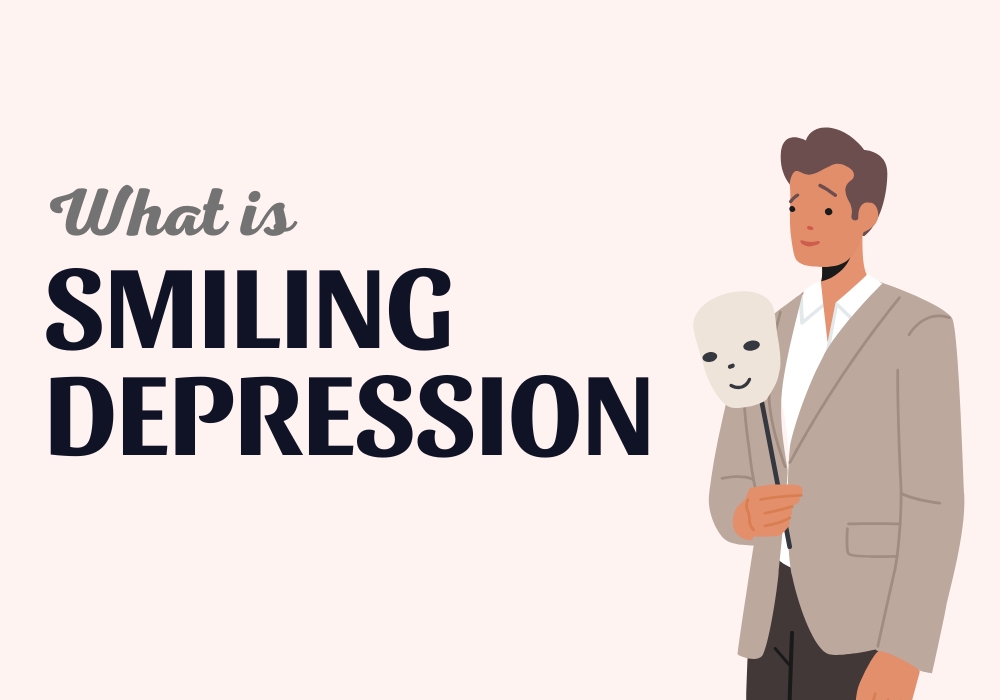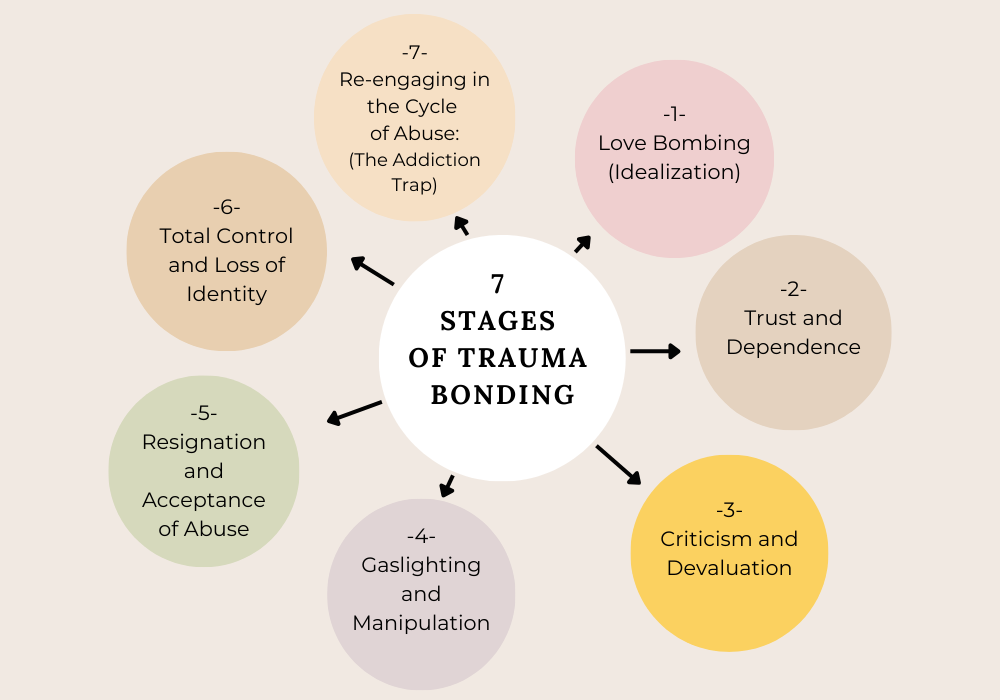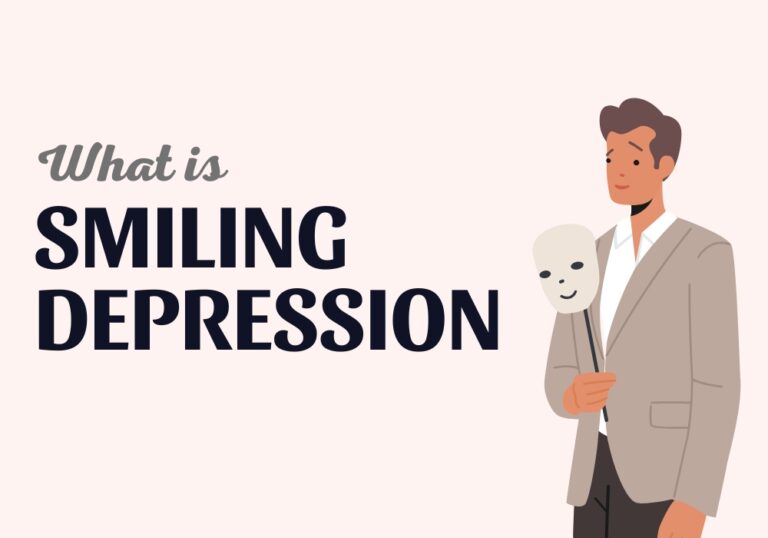What is Overthinking?
Overthink means thinking too much about (something): putting too much time to think or analyze (something) in a way this is extra harmful than helpful. We all have times when we worry, whether it’s about work, family, relationships, health, or a host of other reasons.
Overthinking is an unhealthy habit that usually causes more stress by focusing on the negative, dwelling on the past, and worrying about the future. When you think too much, thoughts spin around in your head and you find yourself unable to move forward.
Plus, you start coming up with weird ideas that totally contradict each other.
“I’m so excited about this job interview” turns to “I wonder if they like me” then turns to “oh, I’m so stupid! I shouldn’t have said that!” I’m definitely not getting an offer.
You start blaming yourself for things you failed to do and worrying approximately scenarios that may or might not happen…
Overthinking is simply the act of “thinking too much or too long about something.”
Why do I Overthink?
“Why do I overthink?” Often overthinking is a byproduct of anxiety or depression. In this case, anxiety or depression may also need to be handled to lessen excessive thinking.
You may also find that overthinking only materializes when you need to make a tough life decision or are dealing with your insecurities. If overthinking isn’t a symptom of a deeper emotional issue, it is able to often addressed by changing thoughts and mindsets.
Overthinking is a habit that may be tough to break.
It’s a vicious cycle of negative and bad thoughts that builds and builds or seems like you’re spinning down a rabbit hole.
When you think too much, the brain goes into “analysis mode”.Start scrolling through possible scenarios and try to predict what will happen to reduce your anxiety.
How To Stop Overthinking:
Here are 15 steps to help you stop overthinking:
1- Keep track of triggers and patterns:
A little awareness and attention can go a long way in curbing excessive thinking. Keep a journal and write down specific times that make you think or worry too much. After a while, you’ll start to notice patterns and recognize triggers for overthinking before they happen. This will help you develop a strategy for dealing with situations that you know will lead to overthinking.
2-Accept or deny your thoughts:
The brain is constantly producing all kinds of thoughts. But thinking is a two-way street,” says Dattilo. if we accept them. You don’t have to accept as truth every alarming thought that pops into your head. In fact, you can use these moments of reflection to question and affirm what is true so that worrying thinking doesn’t have as much power over you.
3-Notice when you’re stuck in your head:
Overthinking can become such a habit that you don’t even realize you’re doing it. Start paying attention to your mindset so you can spot the problem. If you keep repeating events in your head or worrying about things you cannot control, you should know that this is not productive. Thinking is only meaningful if it leads to positive action.
4-Keep the Focus on Problem-Solving:
Dwelling on your problems isn’t helpful but looking for solutions is. If it’s something you have some control over, consider how you could prevent the problem, or challenge yourself to perceive 5 potential solutions.
If it’s something you haven’t any control over like a natural catastrophe consider the techniques you could use to deal with it. Focus on the things you could control, like your mindset and effort.
5- Meditate:
Mindfulness training is a meditation technique that can benefit people with anxiety and depression. The easiest way to practice it is to focus on something very mundane and routine, like doing the dishes or folding the laundry. in a way that you can even feel hyper-focused and ‘focused’ just by observing yourself and all the sensations occurring,” Dattilo says. This laser focus can help calm other intrusive thoughts in your mind.
Related: How Meditation Will Change Your Life?
6- Let go of the past:
If you think too much, you reflect on the past. When you do this, you exert energy on the “what if” “I wish ” and “shoulds”… But that energy pulls you out of the present moment. The past cannot be changed, but you can change the lessons, meaning, and perspective you draw from it. When you accept the past for what it was, you free yourself from its weight. Then free your mind from the past’s burdens, mistakes, or resentments that prevent you from taking action in the present. Learning to let go of the past is something we need to constantly work on because it’s so easy to fall back into the habit of rumination, This is essential as it clears the mental space that was occupied by overthinking.
7-Awareness is the Beginning of Change:
Before you can begin to address or deal with your excessive thinking habit, you must learn to be aware of when it is happening. Look at the situation and how you react. In that moment of awareness lies the seed of the change you want to make.
8-Don’t think about what can pass wrong, think about what can pass or go right:
In many cases, overthinking is a result of a single emotion: fear. If you focus on all the negative things that can happen, it’s easy to get paralyzed. The next time you feel yourself start spinning in that direction, stop. Visualize all the things that can go right and keep those thoughts present in front of you.
9- Take Control of Your Emotions:
Living in the moment doesn’t mean burying your terrible and negative emotions. In order to control your emotions, you must recognize them and identify their causes. If you’re feeling anxious, go deeper. Face your biggest fears, such as Feeling out of control of your life or not progressing as you would like. Become aware of the root causes of your overthinking and you can start making progress by stopping it before it starts.
10- Practice self-compassion:
You probably know how to show compassion to your friend or someone. But what about you? How does your inner dialogue sound when you face a problem or a challenge?
“It’s really about being able to extend love, kindness, and forgiveness to yourself,” says Duke. In doing that, you actually calm your body’s internal threat system and have a clearer mind to resolve your situation.
11-Putting things in perspective:
It’s always easy to make things bigger and more negative than they should be. The next time you find yourself making a mountain out of a molehill, ask yourself how much it will mean five years from now, or just for the next month. This simple question about changing the timeline can help you stop overthinking.
12-Change the way you look at fear:
whether you’re afraid because you’ve failed in the past, or you’re afraid to try another failure, remember that just because things didn’t work out before does not mean that has to be the outcome every time. Remember that every opportunity is a new beginning, a place to start again.
13-Allow time to think:
It is not productive to focus on your problems for a long time, but a short reflection can be helpful. Thinking about how you could do things differently or identifying potential pitfalls in your plan can help you do better in the future. Build 20 minutes of undefined during this time, allow yourself to worry, think, or think about whatever you want. When time is up, move on to something else. And if you start overthinking things outside of your scheduled time, just remember to wait until your thinking time” to address and face these problems in your mind.
14-Changing Channels:
Telling yourself to stop considering something will backfire. The more you try to prevent a thought from entering your brain, the more likely it is that it will keep coming back. Change the channel for your mind by changing your activity. Work out, have a conversation about a completely different topic, or work on a project that distracts you. Doing something else will stop the flood of negative thoughts.
15- Accept as best you can:
Fear of reconsideration often stems from a feeling of not being good enough, smart enough, hardworking enough, or devoted enough. Once you’ve given an effort your best, accept it as such and know that, while Success may depend in part on some things you can’t control, you did what you could do.









